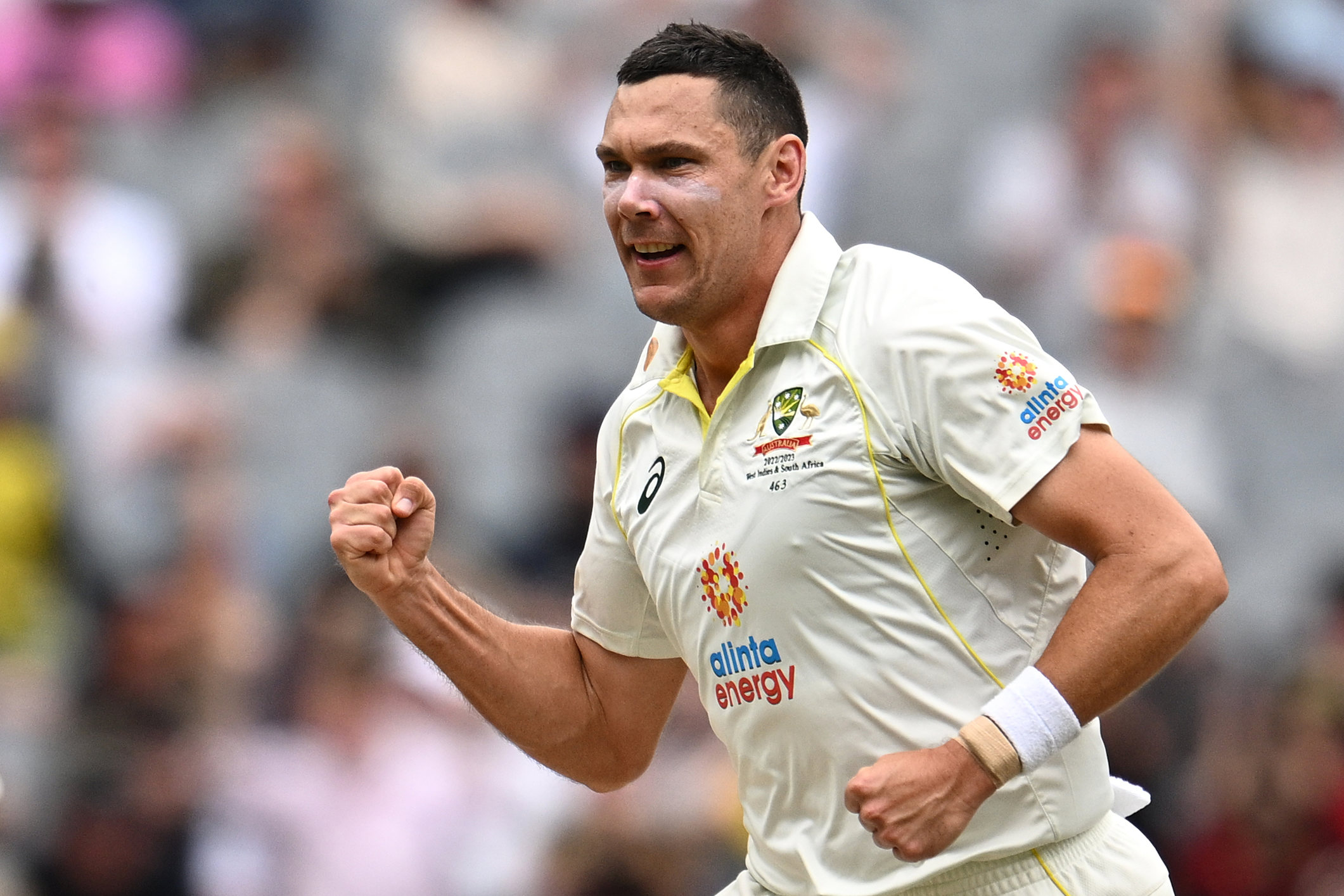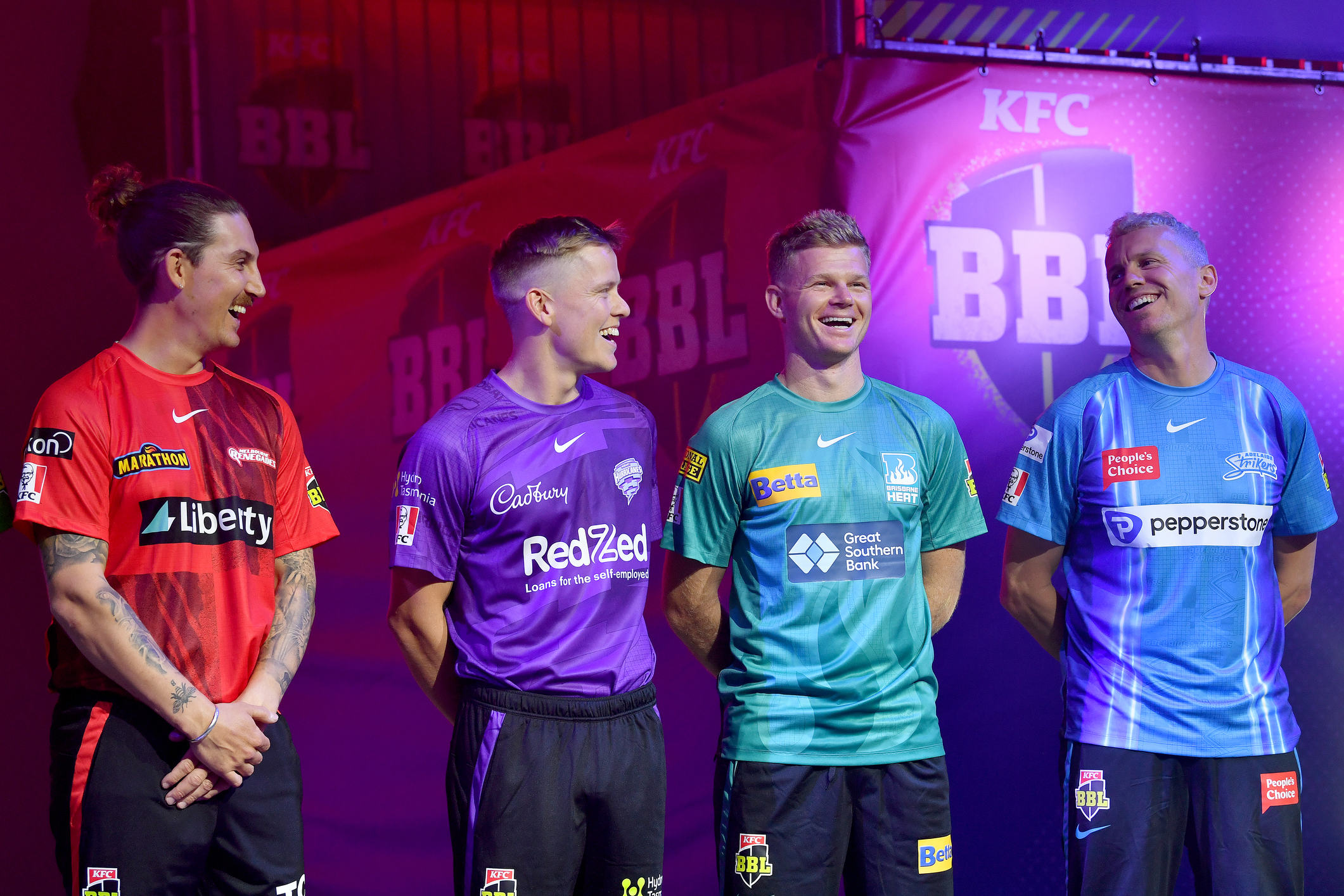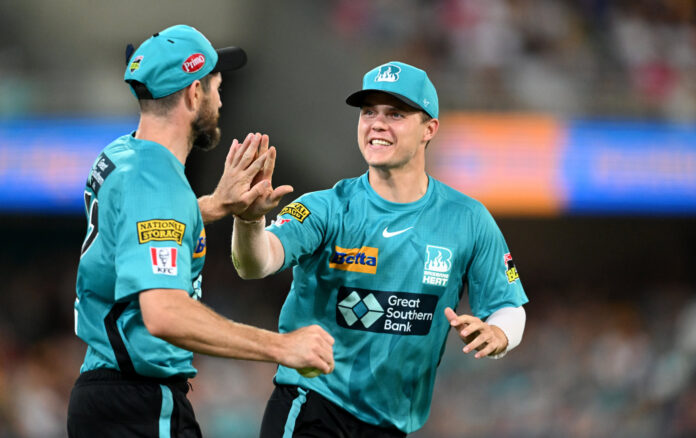Research from the University of the Sunshine Coast has found brands should stop focusing on eyeballs and start adopting a “fit comes first” approach to sponsorship.
Lead author Dr Lenny Vance said “community acceptance” of a brand sponsoring a sports team was found to be the best indicator of the sponsorship’s commercial success.
“We’ve just seen this with the captain of the Australian Test cricket team pushing back on Alinta Energy due to ethical objections about climate impact. And with the women’s netball team pushing back on Gina Reinhardt’s involvement,” he said.
“It’s got to be about fit and the alignment of the brand values of both the sponsored entity and the organisation.”
The recently published study followed Great Southern Bank (then Credit Union Australia) and its sponsorship of Big Bash League franchise the Brisbane Heat in the 2016-17 season.
“This research looked at how a sense of ‘community’ – something new that hadn’t been researched in the sponsorship space – translated into commercial outcomes, as well as media exposure,” Dr Vance said.“Our study was different because the focus was on an emerging professional sport that did not have ingrained, pre-existing rivalries and tribalism found in the more established leagues in rugby league, Aussie rules and soccer.

“GSB was trying to broaden its exposure as a community-based bank. The way the Big Bash was set up was as a family experience that happened to have a game of cricket in the middle of it.
“That alignment of family – which was a big target market for GSB – particularly young families, and the BBL actually made it a really good fit.
“As they weren’t engaged in any other marketing campaigns at that time, we were able to show how this sponsorship directly translated into new memberships and new loans sold. It was very successful.”
The study also unearthed a more surprising outcome.
It wasn’t just Brisbane Heat fans who were on board with GSB as a result of the sponsorship.
“Our study revealed both Heat fans and their rivals were positive about its sponsorship of the Brisbane Heat,” Dr Vance said.
This was in stark contrast to what previous research had found in sponsorships of more established sports.

“You see a lot of tribalism in sport and that flows on to sponsors: ‘you sponsor the team I hate, so I hate you’,” Dr Vance said.
“Our research shed new light on sponsorship dynamics in emerging professional sports and the potential for sponsors to generate brand success with both fans and rivals at the same time.”
Sport sponsorship is becoming an increasingly crowded space, with global revenues expected to hit $US90 billion by 2027.
New franchises might not command as many eyeballs as those with long-and-storied pasts, but co-author and professor of marketing Maria Raciti believes they offer an incredible potential return-on-value.
“This paper has demonstrated it’s time for fresh thinking in sponsorship,” Professor Raciti said.
“New franchises coming through in emerging sports like women’s rugby league, provide a potentially lucrative investment opportunity.
Do you have an opinion to share? Submit a Letter to the Editor at Sunshine Coast News via news@sunshinecoastnews.com.au. You must include your name and suburb.





